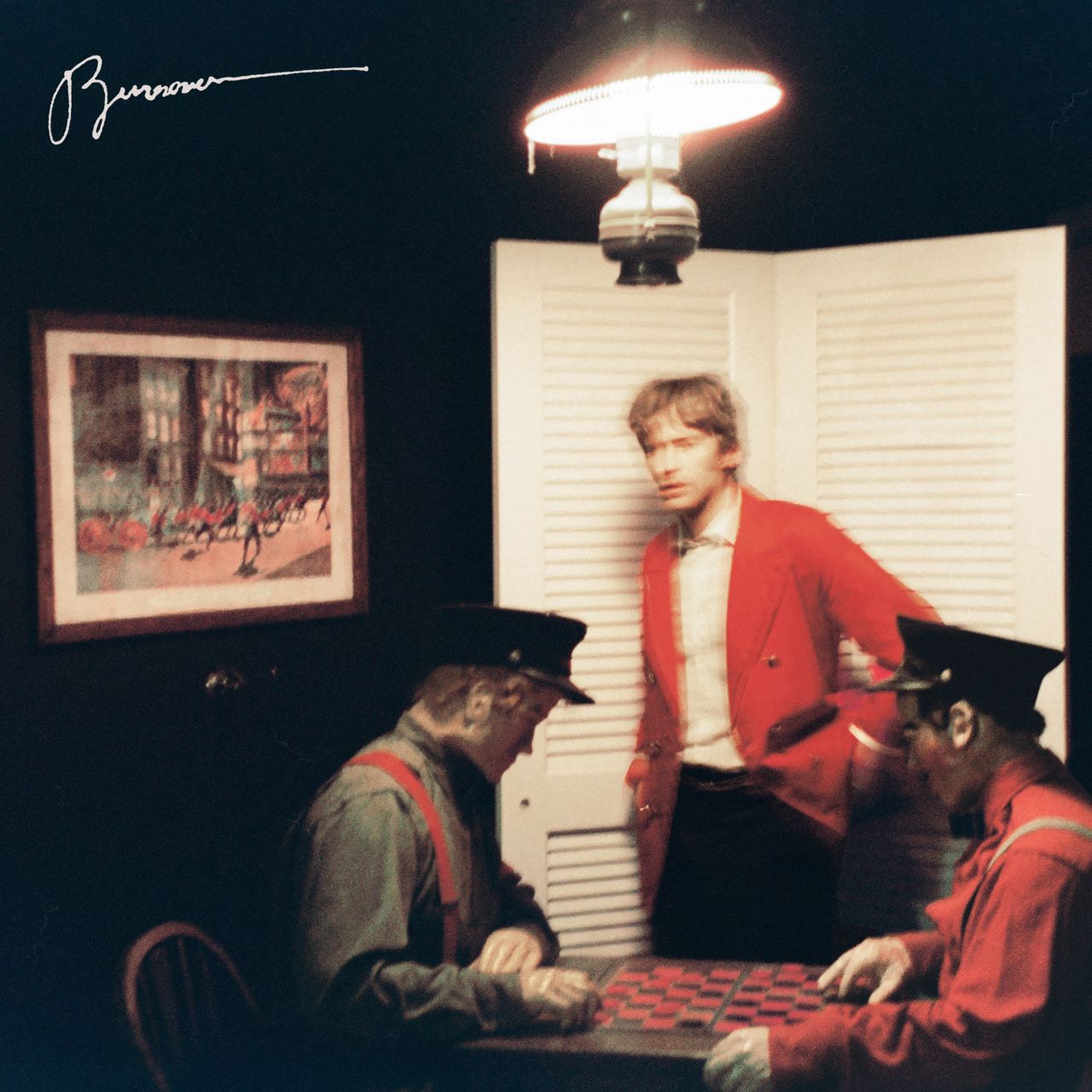Did you know that Vermont is one of four U.S. states where billboards are illegal? As a result, Upstate New York highways near the Vermont border have tons of billboards: one for a cow-themed country store sandwiched between one for a sex shop and one with a picture of a fetus and a call for sinners to repent. Something haunts these highways and the towns they connect, making the region as surreal as it is scenic. Back when I was going to college in Vermont, frequently traveling between there and Albany, my friends and I would sometimes trek through the snow to the only bar in town, where, on some nights, we’d watch farmers and truckers sing karaoke. I’d heard a rumor that one of our professors was banned from that bar for fighting, and another, less confirmable rumor that the same professor was banned from singing karaoke in the state of Vermont.
These are the kinds of tales that would fit right into a song by the 27-year-old Burlington-based musician Greg Freeman. In his slices of life in unassuming New York locales like Rome and Rensselaer, the greater Upstate area becomes the Wild West, its landscape the backdrop for thrilling road songs, crime dramas, and ghost stories.
Not every great album hits on the first listen, but Freeman’s second record, Burnover, somehow feels like it’s always existed. He draws from many of the same influences as his peers in an indie rock landscape that’s taken renewed interest in country and slacker rock but gives these genres a sense of momentum and verve. Freeman’s take on alt-country amps up the drama, whether he’s trafficking in historical fiction (“Burnover,” “Wolf Pine”) or first-person heartbreak (“Gallic Shrug,” “Sawmill”). To call slacker rock “urgent” or “emphatic” might sound like an oxymoron, until you remember that the greatest works the genre has to offer are ones whose disaffected delivery and seemingly banal details reveal a profound tenderness. Freeman is occasionally nonchalant but never apathetic. His similes likening desire to “a pie on a windowpane” or regret to “a cork stabbed into your wine bottle’s mouth” transcend non-sequitur, becoming momentary worlds unto themselves.
It’s easy to locate Freeman on the map his musical forebears have laid out—not because he’s playing an imitation game, but because of how his songs tap into their most timeless instincts. He’s got Warren Zevon’s savage, thrill-seeking pen and ear for dissonant grooves; Jason Molina’s balance of softhearted blues with rugged outlaw country; Jeff Mangum’s penchant for surrealism and sound collage; Stephen Malkmus’ talent for saying so much like he’s saying nothing; and Bruce Springsteen’s chameleonic magnetism as he morphs from a cowboy crooner to a lounge singer to a world-weary heartland rocker. Freeman has enough swagger to pull off a come-hither line like, “You’re a crescent moon now but I know you, girl/I know your dark majority,” or a “John fuckin’ Henry” namedrop (given the songwriting lineage he’s in, mentioning the legendary steel-driving man is all but a rite of passage). There’s only so much self-seriousness one can maintain while shouting “Guitars! Guitars! Guitars!” to announce a rubber-burning guitar solo that spins out into honking distortion and brass ribbons, as Freeman does on “Gulch.” When faraway keyboard tinkering and mournful strings give way to the outro of “Rome, New York,” his voice grows thinner and more desperate, singing, “Heaven, like a ditch, will sometimes spill into the street at night/To pacify the muffled dreams of the broken-into cars.”
